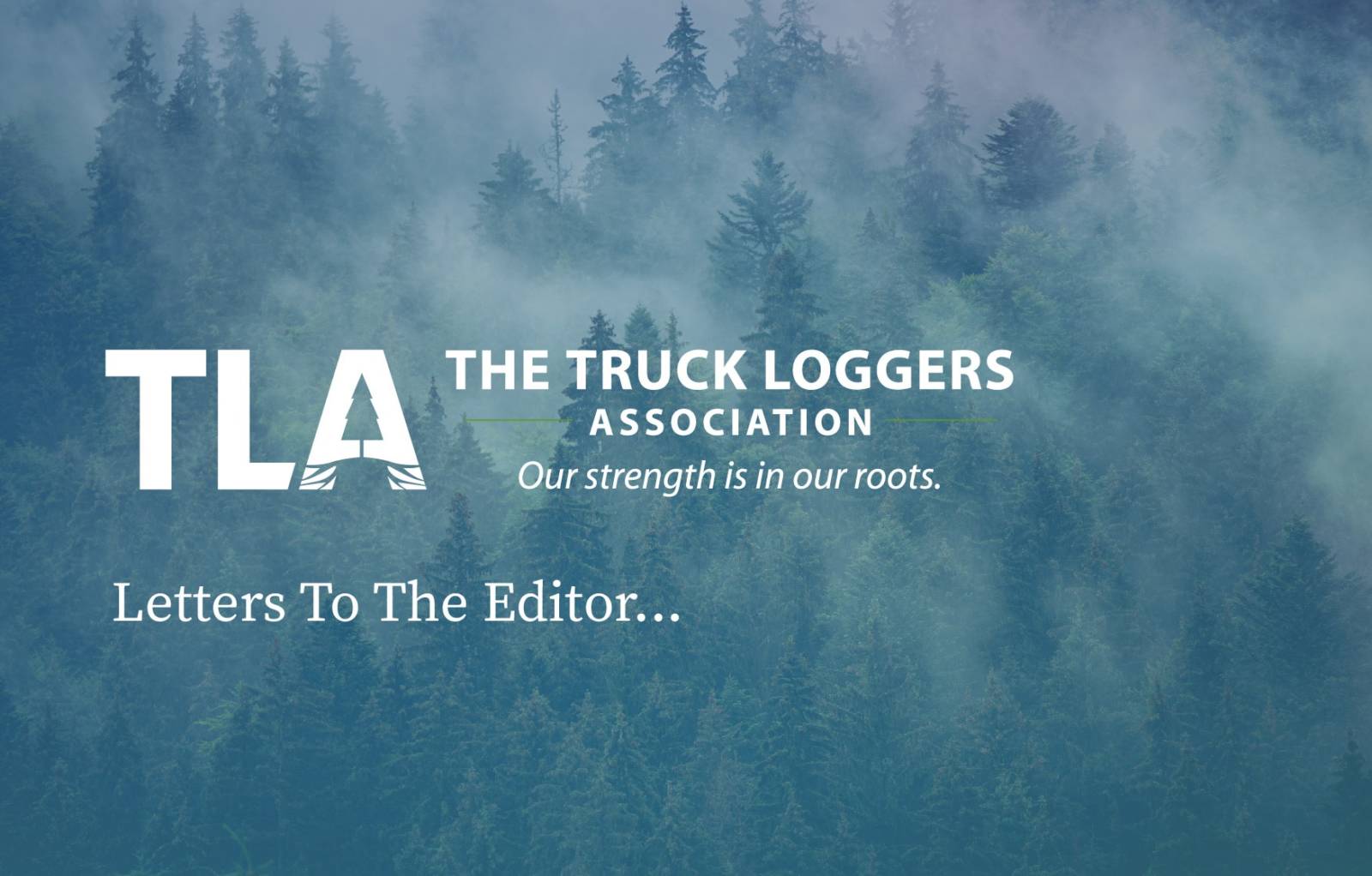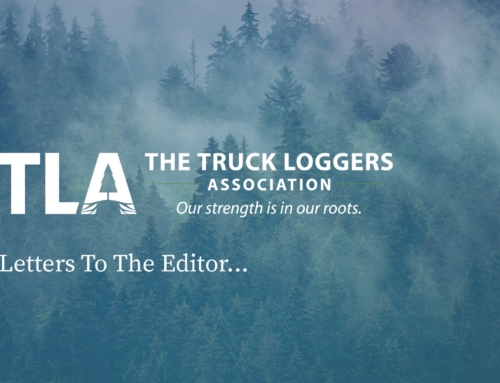Response to December 13, 2018 Editorial “B.C. Coastal forests and industry are at a tipping point”
Once again, old-growth logging and log exports have been inaccurately held up as the catalyst for unacceptable timber harvesting practices in BC, implying we are running out of time to turn things around. The editorial writer suggests that conserving “rapidly diminishing older forests,” converting to second-growth harvesting and reducing log exports is the answer to reversing job loss.
The truth is, time is not running out. Through existing conservation efforts we are never going to run out of old growth. In fact, protecting more old growth would put four pulp and paper mills and numerous sawmills on the Coast at risk of going out of business. The jobs of well-paid loggers and mill workers, and the economic viability of the communities that they live in depend on continuing to sustainably harvest old- and second-growth timber.
Log exports can cause price tension for those competing for timber, but exporting logs is good for jobs, especially when lumber markets are poor (i.e., when the US market is not buying our lumber) as is currently the case.
Both old-growth logging and log exports are important for our economy because they keep our domestic mills operating, ironically contradicting the editorial writer’s concerns. What the government can do to turn things around is change the control of the timber supply that is currently within too few hands.








Get Social